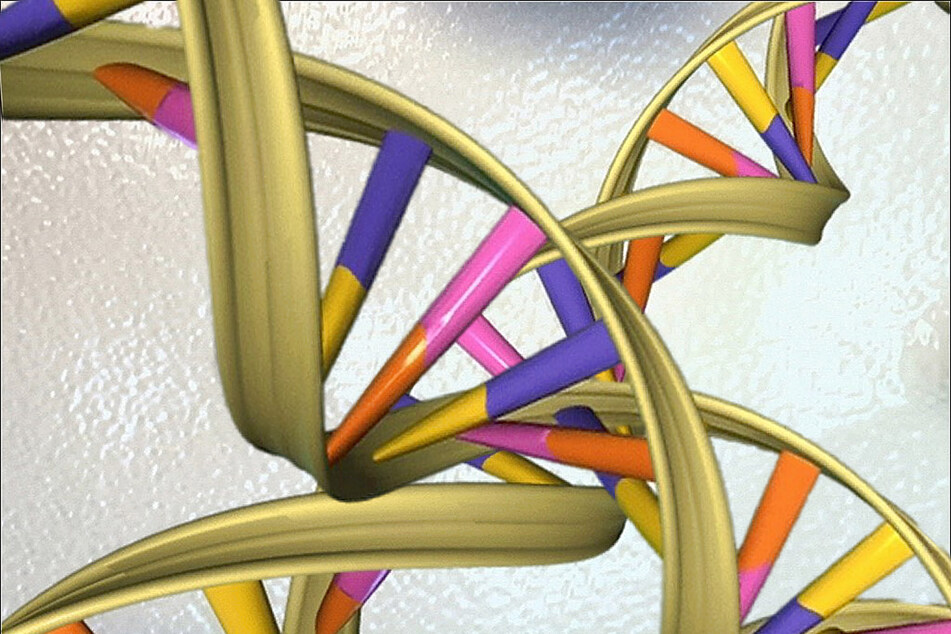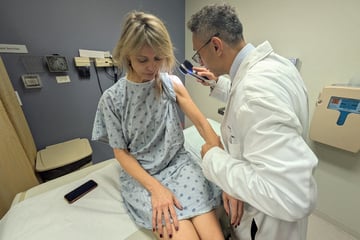The first CRISPR gene-editing test on a human could lead to mass-availability
New Zealand - Editing genes used to be the stuff of science fiction, then it was used on animals and plants. Now, a new test could open the door to gene-editing treatments for the masses.

A new drug that changes a tiny part of your DNA was injected into a New Zealand patient for the first time with one goal in mind: to fix a condition that causes dangerously high cholesterol, according to The Washington Post.
The trial run of the so-called CRISPR gene-editing drug gave the patient a shot at correcting a gene in their DNA that is responsible for skyrocketing cholesterol levels. Thus, altering the gene to operate differently could permanently reduce this person's risk for heart disease.
The drug is from Verve Therapeutics, and if their first trial run on a human is a success, it would open the door to this gene-editing method for anyone with a similar gene problem.
Our DNA is made up of four base chemicals, called nucleotides, and each different kind gets its own letter. Not only do we get diseases and chronic problems from the way those letters pair off in a spiral helix, but also every other part of our bodies.
Now, to fix the gene that causes high cholesterol, Verve Therapeutics' CRISPR drug goes in and switches out one letter for a different one. That change fixes DNA so that it doesn't tell your body to make a type of protein called PCSK9, which increases the "bad" cholesterol levels.
If this first human trial is successful, this could bring medical treatment to a whole swathe of issues that we couldn't fix in the past.
If used carefully, the new CRISPR treatment could be the beginning of widespread cures for chronic genetic disorders. But only time will tell.
Cover photo: HO / AFP
